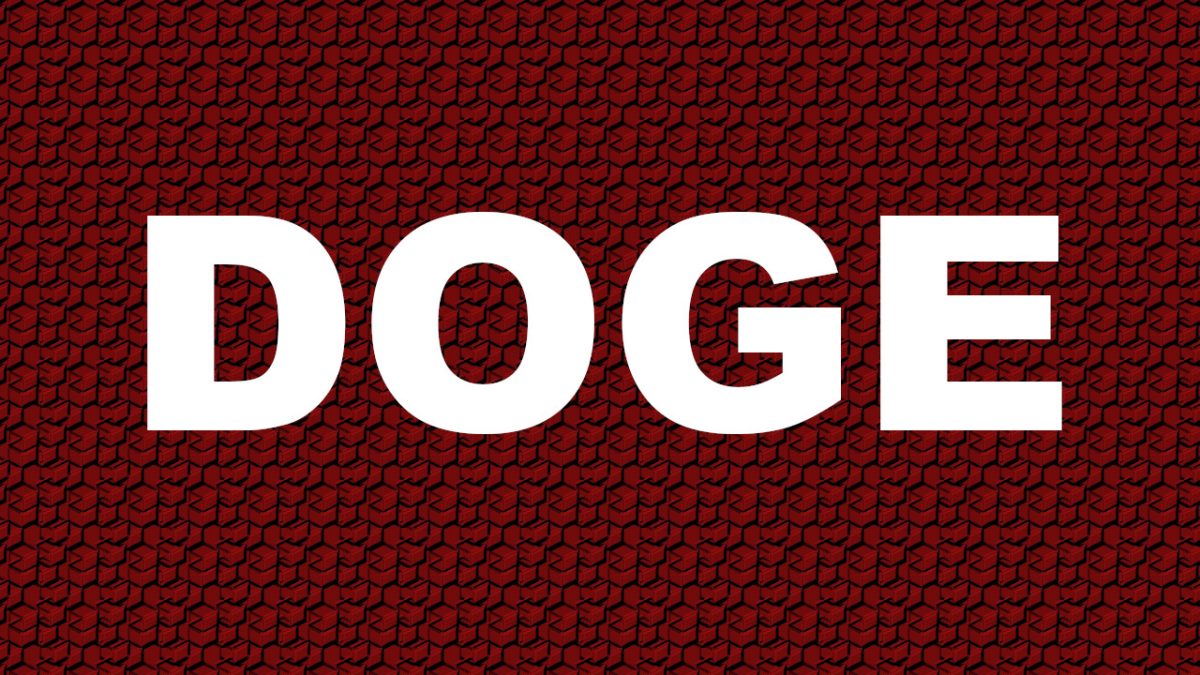Political transactions and economic transactions are very different. In most of our daily economic transactions we give up something we want in the form of a tangible asset or our own valuable time. Since the days of the barter a tangible representation of the value of the asset or our time is needed to facilitate the transaction like money, a check representing a pre agreed upon valuation, or an IOU like a check or credit—debit card, is required. If the goods or service isn’t delivered and if the customer isn’t satisfied with what they receive, future relationships between buyer and seller won’t happen. The relationship between buyer and seller is such that both sides have access to adequate information needed to make the decision. Decisions are made under “market conditions”, as long as there are numerous buyers and sellers in the marketplace.
This isn’t the case when a vendor or even a small businessperson does business with a government agency. At a meeting last week in Seattle with a group of partners and CEOs who routinely are doing more business ever year with government agencies they pointed out to me something I never thought about. We were specifically talking about Medicare and Medicaid contracts between the government agencies and companies acting as agents for the government (insurance carriers in the case of Medicare).
Surprisingly, they told me that the real “fraud” that needs to be examined is the “soft fraud” that occurs during the negotiating process. The provider of goods and services—insurance company or hospital system or pharmacy benefits manager, knows up front how much money the government agency is willing to spend for a project or product. The request for Proposal (RFP) is done after the budget has been set for the agency by the legislature or Congress. The sellers bid knowing how high the government is willing to go before they bid—the approximate price point that the government is willing to accept is published and is known ahead of time.
A recent example that we should all be interested in and that is not being discussed is the bid by one of the largest accounting and business consulting firms in the world to manage and build the LUMA platform. According to people outside that specific negotiation but familiar with many other examples, those services in the private sector could have been secured with half the amount of money. The system is still not up and running and if Elon Musk and DOGE were looking at that deal, I am sure the consulting company would in some way be held more accountable and some form of economic relief would be available to The State of Idaho because the system is still not working.
Because of LUMA, state agencies across the board are not able to reconcile transactions and internal audits are all but impossible. In the private sector heads would role. The excuse that WE THE PEOPLE are given for this lack of accountability is that the State of Idaho’s credit rating in the bond markets would drop if light was able to shine on the Luma buildout. The same thing can be said about what happened with $125million at the Idaho Health Data Exchange, or how much money is lost in the purchasing process for Medicaid services and drugs. Because of the LUMA fiasco we may never know the answers to these types of questions. Even more of a reason for independent audits. It is important to say that the people working in these agencies mean well and are good people. They have just been involved in a flawed budgeting and accounting process for so long that they can’t see their own way out.
The other important difference between economic and political transactions is that the promise for payment in an economic transaction is substituted with a promise of performance in a political transaction. Vote for me and I will take care of you MRS./Mr. citizen, patient, worker, small business or family. When they fail to execute their promises while campaigning or they fail to execute the business of government, they hide the facts from us. In Idaho, the working press is complicit in this whole process. Maybe a committee will be formed, or the legislature will feign doing the appropriate and required oversight. The bottom line—there is no accountability. Instead, our politicians vote for themselves a pay raise and a raise for the people who are supposed to be working for us.
In both Washington DC and in Boise there is at least rampant malfeasance and maybe even corruption (legal, illegal or both) at all levels. Mr. Trump is doing something about that in Washington. Are we doing anything about that in Idaho? Time for an Idaho DOGE.



3 replies on “Time for an Idaho DOGE”
You are 100% right on. Idaho NEEDS an Idaho DOGE.
Yes, an Idaho DOGE would be a great eye opener. Let our legislators take a deep breath and join in before the exhale. After a big fat raise, I think it would help them to help us, the Idahoans with the repeal of food tax. If they can’t do that, cut our tax back to 5%, which when they raised that to 6%, this was supposed to be “Temporary”. RIGHT. Every raise they proposed was “temporary” with no return. So stop patting yourselves on the back. We the people CAN vote you out.
No COVID Out briefs. No audits of DHW, DE. LUMA, or Idaho Health Data Exchange. No introspection= no accountability. One wonders if such ignorant bliss will cause us to repeat the same mistakes when the next natural catastrophe hits.?
KICK THE CAN DOWN THE ROAD and let someone else worry about it later on.
jml